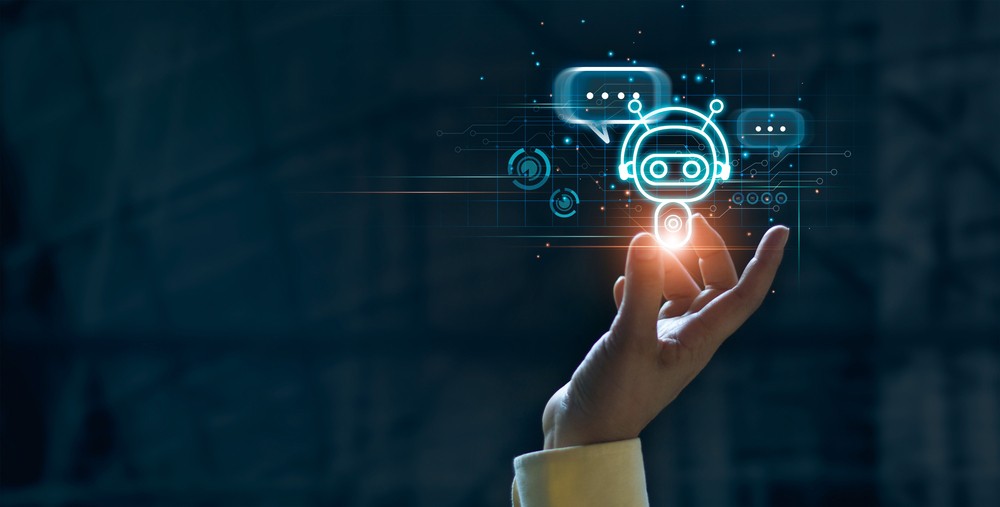Rackspace Technology has published a new Cloud Modernization Survey commissioned by Rackspace Technology and supported by AWS. Coleman Parkes Research conducted the survey between April 27, 2023 – May 25, 2023. The survey finds that global IT organizations have been slow to modernize key applications, including customer resource management (CRM), enterprise resource planning (ERP), and human resources (HR) systems. Moreover, the study suggests that failure to modernize key apps and data will limit organizations’ ability to deploy and benefit from cutting-edge technologies such as artificial intelligence (AI).
According to the survey of 1,420 global IT leaders across industries, 80% of respondents agree they will only benefit from AI if they modernize legacy apps and data. Although survey respondents identify increased security (58%), improved efficiency (54%), and cost reduction (49%) as the leading motivators of modernization – and ERP, CRM, and HR as the apps that most need upgrading – organizations are still dragging their feet on updating legacy infrastructure. Of legacy infrastructure that has not yet been modernized, only 22% of workloads are considered noncritical, but 25% of legacy infrastructure has “not yet been assessed.” 89% of those surveyed say they have been in the cloud between 1-10 years.
“It is telling that even well into their cloud journey, the three most critical apps organizations say they need to upgrade are truly at the heart of the business because they are at once the most important things to modernize and the most challenging,” said Jeff DeVerter, Chief Technology Evangelist, Rackspace Technology. “At the same time, it is encouraging to see leaders understand that app modernization is key to getting the most out of cutting-edge technologies. It could be that the prospect of losing out on AI will motivate organizations to finally get off the sidelines when it comes to modernization of core systems.”
Who Is Leading Modernization?
The survey also points to gaps in the leadership of modernization efforts. Only 25% of those polled say they deploy cross-functional teams as part of modernization, while just 38% use tech vendors and only 30% deploy external consultants. Overwhelmingly, modernization initiatives are led by IT departments (68%) and executive leadership/C-suite (50%).
The Benefits & Challenges of Modernization
When survey respondents were asked to identify the top expected outcomes of modernizing, efficiency led the way (30%), followed by security (28%), cost savings (20%), and the ability to adopt advanced technologies (27%). Respondents also noted that modernization has resulted in better data management, integration, and quality and lowered data costs.
The most critical apps and data to modernize are enterprise (86%), CRM (87%), HR (75%), bespoke apps (72%), business intelligence (71%), data storage (60%), content management (60%), data analytics (54%), governance and security (51%) and data integration (50%).
However, many organizations still face unforeseen challenges to modernization, including limited resources (28%), cultures resistant to change (21%), integration challenges (16%), lack of senior buy-in (12%), lack of a clear roadmap (9%) and communication between stakeholders (8%).
If organizations fail to modernize legacy apps and data systems, respondents believe it will result in increased costs (32%), poor security (27%), lack of innovation (26%), and the probability to miss out on the ability to adopt advanced technologies (25%).
“Companies cite costs and security issues as two of the main reasons why they have not modernized their apps and data,” said Jeff DeVerter, Chief Technology Evangelist at Rackspace Technology. “However, they also state two of the key benefits of modernization are lower costs and greater security, indicating that many organizations are stuck in a Catch-22.”
Coinciding with the results of the Rackspace Cloud Modernization survey Rackspace Technology recently announced Foundry by Generative AI by Rackspace (FAIR), a global practice dedicated to accelerating the secure, responsible, and sustainable adoption of generative AI solutions across industries. FAIR aims to aid in many of the problems respondents shared, including accelerating the pragmatic and secure adoption of generative AI.




